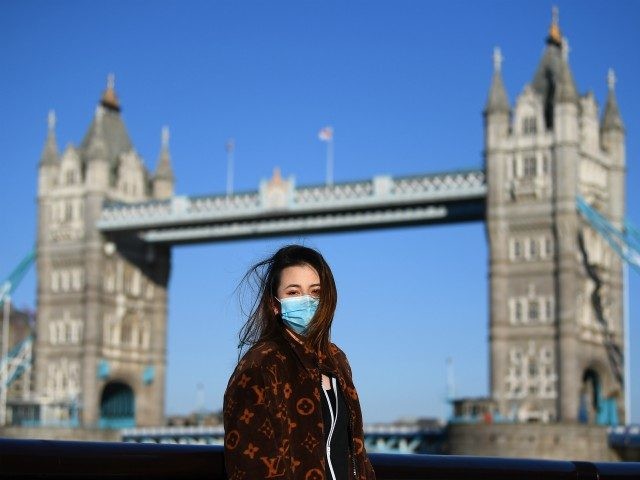An international expert on global pandemic management has said the UK could be “on and off lockdowns over the course of the next year” in the event that a vaccine for coronavirus is not developed in that time.
Devi Sridhar, a professor at the University of Edinburgh, told Channel 4 News that the “best case” is for the UK to implement its current short-term lock-down measures and increase testing. She added further that in the near future, “we might have a vaccine, we might have anti-viral therapies” or drug repurposing studies may bear some fruit. She continued that “this is the hope: that one of these will come through” so that the UK no longer has to operate under the “medieval practises of quarantine”.
“But we have to be realistic that this may not happen. What I think we will be seeing in the absence of testing and the absence of a vaccine is these ‘on and off’ lockdowns over the course of the next year,” Professor Sridhar said. She explained that the government may have to “play off” lock-down measures against actual NHS critical care capacity in determining whether to relax social distancing, “and going back and forth with this until we somehow develop enough people who have immunity to this within the population”.
This staggered approach is broadly in line with the opinion of a group of Harvard academics, as well as statements made by England’s chief medical officer and estimations by the government’s Scientific Advisory Group for Emergencies (SAGE).
SAGE said in March that “a policy of alternating between periods of more and less strict social distancing measures could plausibly be effective at keeping the number of critical care cases within capacity. These would need to be in place for at least most of a year. Under such as policy, at least half of the year would be spent under the stricter social distancing measures.”
Chief medical officer for England Dr Jenny Harries had said this week that going from lock-down to immediate return-to-normal would be “quite dangerous” and estimated the UK could face six months of alternating periods of coronavirus lockdown.
Dr Harries said: “We must not suddenly revert to our normal way of living. That would be quite dangerous. Over time, probably over the next six months, we will have a three-week review. We will see where we are going. We need to keep that lid on, and then gradually we will be able to hopefully adjust some of the social distancing measures and gradually get us all back to normal.”
While Sarah Fortune, of the Harvard TH Chan School of Public Health, and her research team found through modelling that stopping the disease then lifting all restrictions could result in an “intense” peak in the autumn or the winter that would overwhelm hospitals, according to The Times.
Early signs indicate that current lockdown measures have resulted in a slowing of new hospital admissions, according to Downing Street briefings, with Imperial College London’s Neil Ferguson saying last week that the NHS will be “within capacity” to handle the peak of the pandemic projected in the coming weeks.
However, Professor Ferguson, who is the government’s leading epidemiology adviser, also said that restrictions being lifted in May was “optimistic”, estimating that they could last until June.

COMMENTS
Please let us know if you're having issues with commenting.